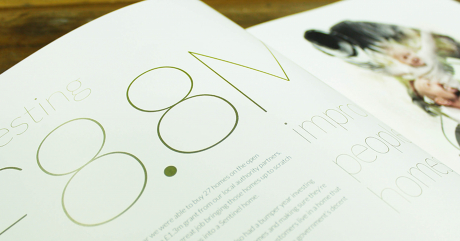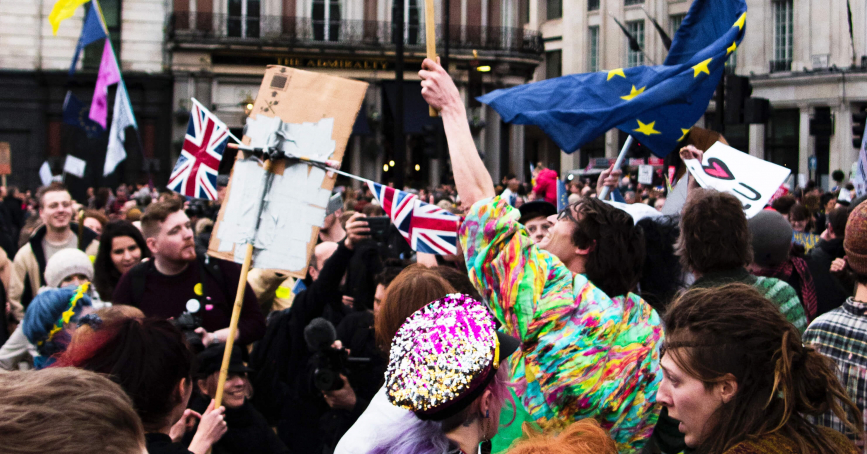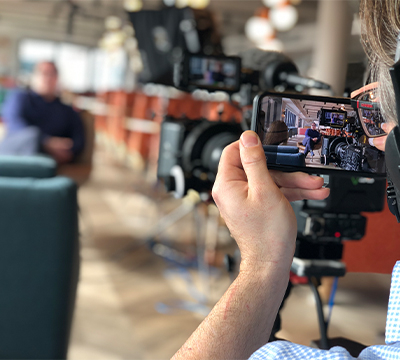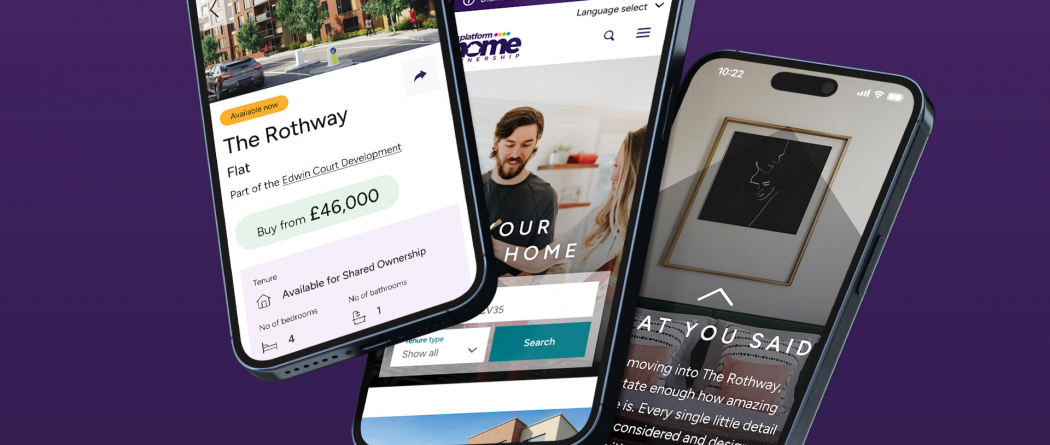
Insights Should brands be political?

People are passionate by nature. We get excited and are invested in things that are close to our heart. “Heated” or “hot hearts” is a phrase I have heard to describe the phenomenon of topics, themes and beliefs that can sweep people up into inspired, enthusiastic and passionate movements.
Politics, perhaps more than anything, has the ability to create and drive up heated debate, fire up storms of protest, marches and create divided groups of people all passionately believing in something. Politics creates seriously heated, hot hearts in huge groups of people.
So, should brands step into that passionate maelstrom in an effort to become part of the social fabric? Should brands stand in the arena and proclaim a position in support or against in a bid to connect with those heated hearts and minds?
It does feel as if brands in today’s age are getting bolder and are taking the risk of having a social opinion. Historically, there was an unwritten rule that brands should avoid anything to do with money, religion or politics but now it seems brands understand that people are hungry for authenticity.
And being authentic often means having a voice on key political and social issues.
A recent example would be mega brands Nike stepping in to have a voice over the American NFL “Kneel or Not” saga. NFL player Kapernick protested against racial injustice and alleged indiscriminate and disproportionate police brutality by kneeling during the American national anthem. A storm of protest erupted with Americans generally falling into “It’s okay to Kneel” or “It's disrespectful to Kneel” camps.
Following the action, he failed to re-sign with his team and firmly believes it was in direct response to his statement on the field.
Nike, in a high-profile move, stepped right into the fray with an advert for their “Just Do It” campaign. Beside a black and white photo of Kaepernick was the copy: “Believe in something. Even if it means sacrificing everything."
Some people went out and immediately bought new Nike products in support….others publicly burned their shoes.
UK retail brand Jigsaw similarly decided to be bold and squared up to the Brexit issue. Just months following the vote, they chose to address immigration. They created a “Heart Immigration” manifesto which was printed across all mainstream news outlets and appeared in striking white and red bold statements over Oxford tube station.
Again, the result was polarising. Many slammed the retailer but many others soundly applauded them.
It seems that, as is the nature of politics generally, you will get a mix of For Vs Against whenever you take a stand.
Pepsi is perhaps the best example of a brand nearing a 100% "Against" with their now infamous Kendall Jenner ad. Poor timing is perhaps the kindest criticism for this campaign which flighted into an arena still hot with the Black Lives Matter movement and tried, rather weakly, to offer Pepsi as the solution to Police Violence.
It landed horribly flat and its failure became the biggest part of their PR attempt with Martin Luther King’s daughter offering a very sarcastic “If only Daddy would have known about the power of Pepsi”.
So, should brands run the risk at all?
If motivated by true belief and purpose and not profit then it can be worth it. Telling powerful stories remains the core of Brand and Branding. They are the most effective way to create deep, emotionally resilient connections with customers and done well, with honesty and transparency, can ensure lifelong brand advocates who are passionately bound to your Brand.
Our advice would be to carefully consider the motivations behind such storytelling and to invest honest, considered time and energy in crafting the messaging, platform delivery and timing. And, be prepared for the potential and inevitable backlash. It’s a bold world out there for brands willing to try.
Share insight
Let's talk
- Call us +44 (0) 1256 334567
If you would like to find out more about how we can help you connect strategically, creatively or digitally, then call us or get in touch. We’d love to hear from you.












